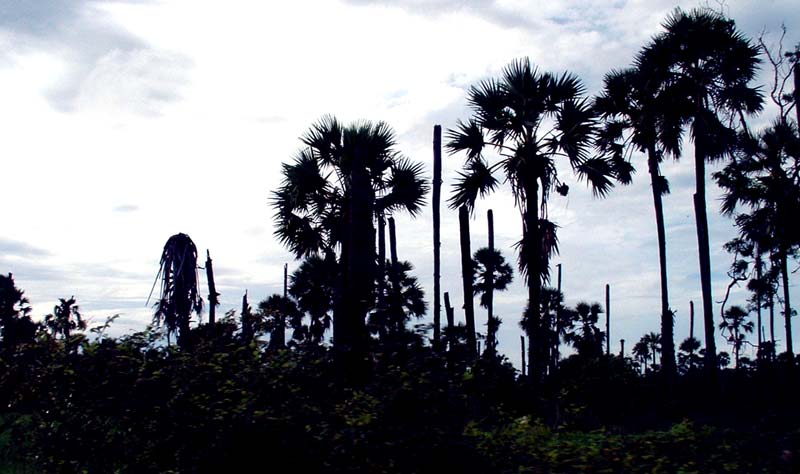COLOMBO, Sri Lanka (AP) -- The Sri Lankan government decided Wednesday not to ban the separatist Tamil Tiger rebels at a crucial Cabinet meeting, officials close to the Cabinet said.
A formal announcement is likely to be made later Wednesday.
Supporters of the Liberation Tigers of Tamil Eelam had warned that a ban would effectively scupper the peace process.
"...The State is compelled to make some hard choices. Prime among these issues is whether the government should reclamp the ban on the Tigers. Another is whether the Prevention of Terrorism Act (PTA) should be rigorously reinforced," Daily News said in an editorial.
"There are arguments for and against these measures, but these are the dilemmas continued Tiger terror is generating."
The PTA has not been strictly enforced, but it provides state security forces sweeping powers to detain anyone without a warrant for six months, raid any home, structure and even demolish properties considered a threat to national security.
A Norwegian peace envoy, Jon Hanssen-Bauer, this week canceled a planned visit to rebel leaders in the northern Tamil stronghold of Kilinochchi -- on the request of the government -- until after the Cabinet meeting.
The request to Hanssen-Bauer followed a suspected rebel suicide bombing last week apparently targeting Defense Secretary Gotabhaya Rajapakse, who is also the president's younger brother.
Rajapakse was unhurt in the blast but three people died, including the attacker, and 14 others were wounded.
"The banning will be tantamount to closing not only the doors but also the windows opened for any future peace talks," said Kanagalingam Sinvajilingam, a lawmaker for the Tamil National Alliance, considered a proxy to the Tamil Tigers.
The party has 22 seats in Sri Lanka's 225-member Parliament.
The Liberation Tigers of Tamil Eelam have fought the government since 1983 to carve out a separate state for ethnic minority Tamils, citing discrimination by the majority Sinhalese.
The government first banned the LTTE in 1998 after the rebels exploded a truck bomb, badly damaging the Temple of Buddha's Tooth Relic, a sacred place for the island's predominantly Buddhist majority.
That ban was lifted in September 2002 to promote the resumption of peace talks following a Norway-brokered cease-fire signed by the government and the rebels in February.
More than 65,000 people were killed before the cease-fire, which has almost collapsed this year with the death of more than 3,500 fighters and civilians in renewed violence.
The rebels are banned in the United States, Britain, Canada, E.U. and neighboring India.
http://edition.cnn.com/2006/WORLD/asiapcf/...s.ap/index.html
Subscribe to:
Post Comments (Atom)








No comments:
Post a Comment